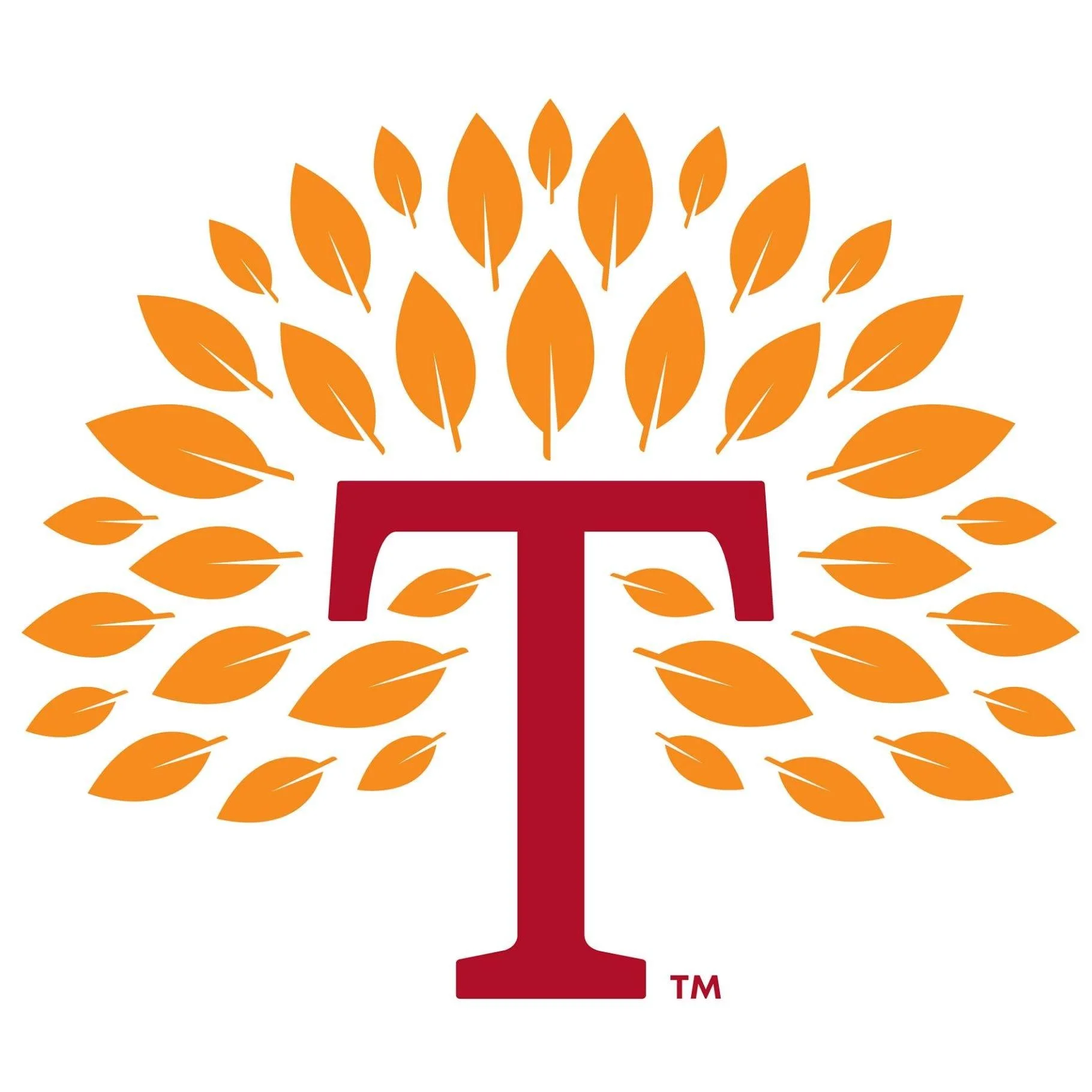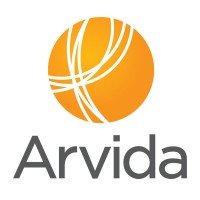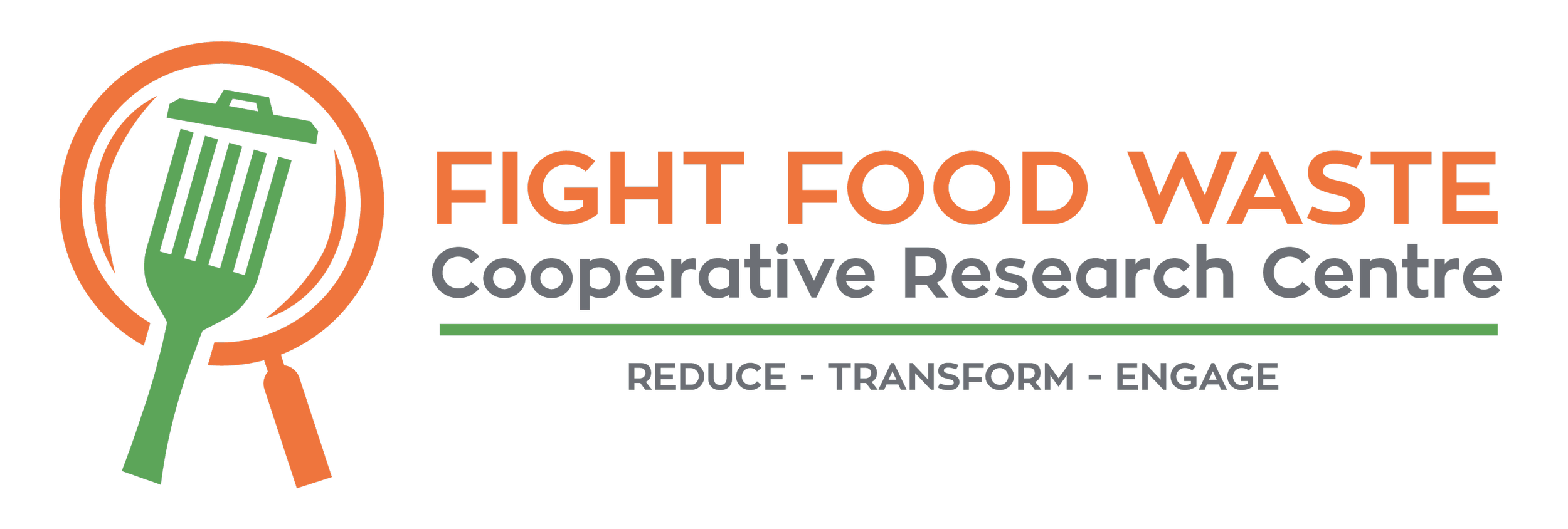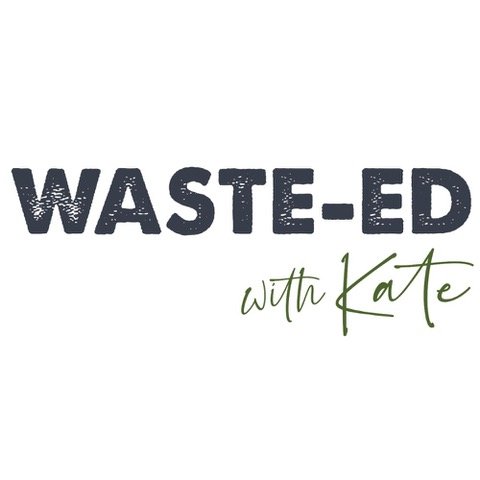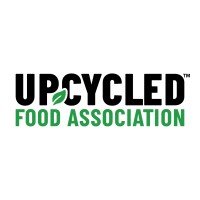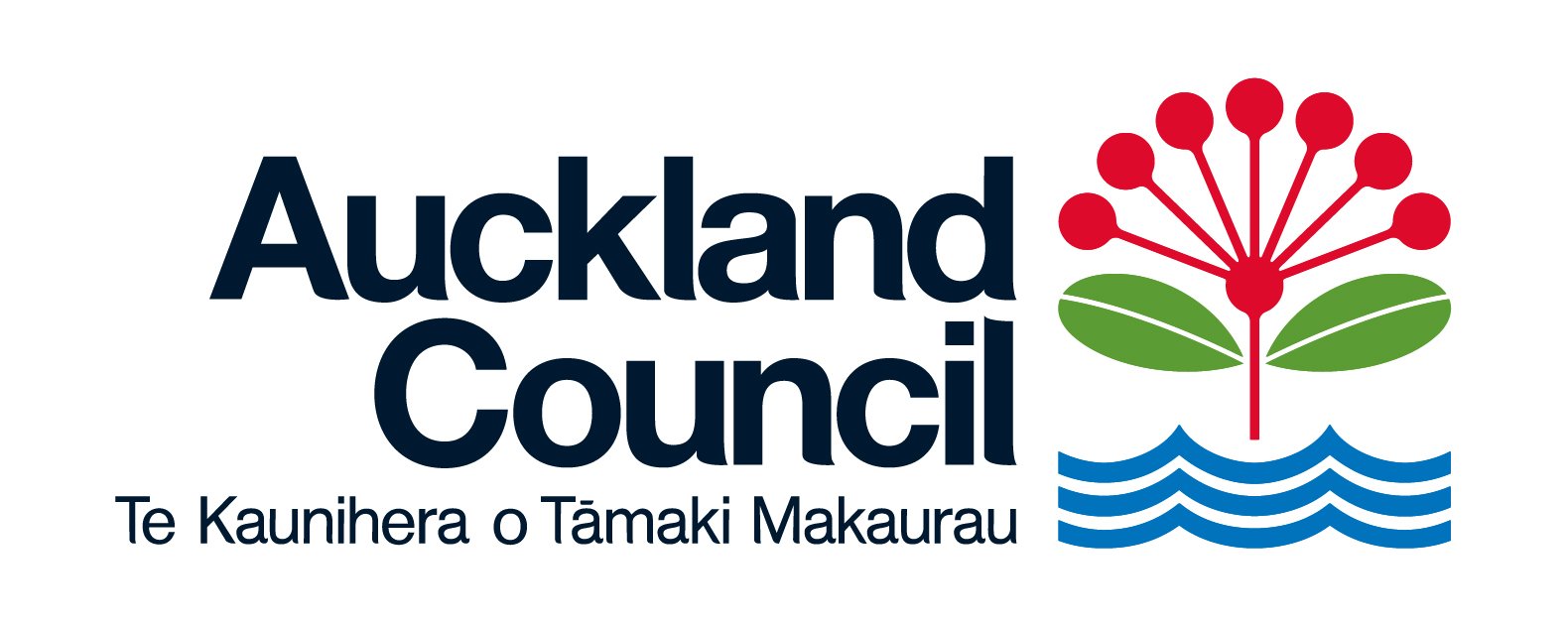
Our Supporters
Food Waste Innovation works collaboratively with stakeholders and supporters in the public and private sectors to reduce the volume and impact of food waste.
We are always looking to expand our network, so if your organisation is interested in becoming a Food Waste Innovation supporter, please email us to get in touch: food.waste@otago.ac.nz
-
The Aotearoa Food Rescue Alliance (AFRA) provides national support for local food rescue organisations across Aotearoa New Zealand to increase food security and reduce food waste. Coming together under a collective vision of ‘Food for All’, the alliance has 20 food rescue members who are best placed to rescue surplus food and redistribute it to people in need. AFRA supports the food rescue sector to be fully equipped to meet supply and demand, alongside best practice, collaboration and advocacy.
-
The Bowling Club is a community eatery in Caversham. We sell $4 meals and offer free food to anyone who needs it. Some nights, we sell up to 1,200 meals. We try our best to use local and raw ingredients, as well as food "waste," to keep our costs low (and our food wholesome and tasty).
-
Ecogas is developing New Zealand’s first commercial-scale anaerobic digestion facility, it uses food wastes from production, processing and consumption to create biogas for electricity and heat production, and an organic-rich bio-fertiliser, which replaces synthetic fertilisers.
Ecogas was formed in 2019 when Pioneer Energy and EcoStock Supplies joined forces. Both Pioneer Energy and EcoStock bring a unique set of skills and experience to the partnership. EcoStock currently processes 35,000 tpa of organic food waste into stock feed, which is then distributed to more than 25 farm enterprises in the North Island. Pioneer Energy is 100% community-owned by Central Lakes Trust. Both organisations are based in Central Otago, where Pioneer owns and operates over 24 energy generation sites throughout New Zealand.
-
Foodprint is a food rescue app. We partner with local eateries, such as cafes, restaurants and grocers, providing them a platform to sell surplus and imperfect food to prevent it from being wasted. All the food sold on the app is heavily discounted, meaning the app is a win for the consumers, the eateries and the planet. We invite our community to take a bite at saving the planet with us.
-
Kaibosh Food Rescue works to reduce food poverty and food waste in Wellington, the Hutt Valley, Kāpiti and Horowhenua. We link the food industry with charities and community groups that support people in need, ensuring that quality surplus food reaches those who are struggling rather than being needlessly discarded.
-
Manaaki Whenua – Landcare Research is a Crown Research Institute for our land environment. We conduct science and research focused on environmental issues, opportunities, and solutions. Two key area of focus include action on climate change and social, cultural and economic research to ucnderstand people’s decision making in relation to the natural environment. Social researchers have been undertaking research on waste and food as part of these foci.
-
The Office of the Prime Minister’s Chief Science Advisor (OMPCSA) provides independent advice to the Prime Minister on science in its very broadest sense, looking at how science can inform good decision-making in Aotearoa New Zealand. Announced in 2022, the office is delving into food loss and waste (FLW) as a major project. We’re working with experts and stakeholders across the motu and drawing on international experiences to understand the FLW problem and explore evidence-based solutions to alleviate food loss and waste throughout the food system. The office is supporting two summer scholarships with Food Waste Innovation in 2023/24.
-
Walnuts NZ is the largest processor and marketer of NZ-grown walnuts. We have a strong ethos of sustaining and nurturing the land for this generation and the next. Our products are healthy and nutritious, and we aim to use the whole nut to enhance the lives of people and protect the environment.
-
WasteMINZ is the largest representative body of the waste, resource recovery and contaminated land sectors in New Zealand. We are a membership-based organisation with over 1,000 members – from small operators to councils and large companies. WasteMINZ runs the Love Food Hate Waste New Zealand campaign to reduce household food waste and has collaborated with the University of Otago on the National Food Waste Prevention Project to research food waste in the supply chain.
-
The Bioresource Processing Alliance (BPA) is the gateway to primary sector bioprocessing in New Zealand. The Alliance invests in Research and Development projects with Alliance partners and universities. Our goal is to generate additional export revenue for New Zealand by working with the primary sector to get better value out of biological secondary streams. We do this by co-funding and developing innovative products or processes. BPA is funded by The Ministry of Business, Innovation and Employment.
-
Countdown is one of New Zealand’s largest employers, with more than 19,000 team members across 183 supermarkets, distribution centres, processing plants and support offices. We serve around 3 million customers weekly and work with thousands of food producers and suppliers throughout New Zealand.
“We've publicly committed to a goal towards zero food waste, and are actively working with our stores to achieve this. Countdown Food Rescue's programme was established in 2011 and now donates more than $5.2 million of surplus food each year to The Salvation Army and other food rescue groups and food banks that would otherwise go to waste.”
-
Coming soon.
-
Good Food Dunedin is a Dunedin City Council-led initiative supported by individuals, communities, organisations and businesses who share a vision to transform Dunedin into a thriving and sustainable food city. Many of those people are coming together as the Good Food Dunedin Alliance to share their experience and expertise in support of the project.
-
Every year, Kiwis waste $3.2 billion worth of food. That’s $1,510 per household per year. Not only is this a huge waste of money, but it is also an environmental disaster, with 4% of greenhouse gasses coming from food waste in New Zealand. At Love Food Hate Waste NZ, we teach Kiwis how to make the most of their food through resources, recipes and tips.
-
Onions New Zealand is the representative body for 80 growers and 18 exporters of onions in New Zealand. Our vision is to facilitate sustainable growth and profitability of onion growers and exporters.
-
Rescued Kitchen aims to help fight food waste by rescuing and upcycling surplus food. We're giving it a lot of love and a total makeover to concoct new and tasty creations. The next best thing since sliced bread is our secret ingredient, bread flour, invented by our genius chef and the best food scientists. We’re rescuing lots of other food, too, like fruit, vegetables and even gin botanicals. With every purchase from Rescued Kitchen, you are helping us to save food, provide employment opportunities for people with disabilities and support our commitment to being a zero-waste kitchen.
-
Kate and the team run seminars, workshops, and various events all over New Zealand to empower people and organisations with knowledge, humour, and a good reality check on how our daily actions will have an impact on our environment. From recycling to food waste or waste reduction to behaviour change, nothing’s off the table for the Waste-Ed team. Waste-Ed with Kate will dive deep into any waste stream and have you second-guessing your waste habits. Kate’s expertise of over 18 years also sees her work with businesses and organisations of all sizes on speaking arrangements and consultancy.
-
Arvida is a retirement operator with 36 communities nationwide, offering a range of facilities and services. Their communities offer a mix of independent living and assisted living opportunities, including catering for some residents. Arvida are looking to reduce the amount of food waste from their kitchen services, buffet services, and resident plates.
-
Citizen Collective is an upcycled food company. They are a collective of chefs, brewers, bakers and innovators who want to reduce food and resource waste. They rescue unloved surplus foods and re-work them into delicious, low-impact food and drink. Their signature product is a range of beer made with upcycled bread. The spent grain from the beer-making process is then used to make bread.
-
EcoStock was established in 2007 and specialises in the commercial-scale recovery of food waste and rejected products from growers, manufacturers and wholesalers. EcoStock's network stretches throughout New Zealand with 35 full-time staff, providing a seven-day service, ensuring a quick and immediate transition from food to feed.
EcoStock operates in the pre-consumer food waste area and handles only non-meat products. Its efforts have been recognised by many awards, including the 2011 Ministry for Environment Supreme Green Ribbon Award, the joint winner of the 2013 Auckland University $ 1 million Entrepreneurs Challenge and the 2019 Sustainable Business Network Sustainability Superstar.
-
Foodstuffs NZ is proudly 100% Kiwi-owned and operated and has grown from humble beginnings to become New Zealand's biggest grocery distributor and one of the country's largest organisations. We are active members of the community and strive to provide the best shopping experience possible for our customers.
-
KiwiHarvest is New Zealand’s largest food rescue network, with branches in Auckland, NorthShore, Hawkes Bay, Queenstown and Dunedin. We develop relationships across the food supply chain to capture excess food and redirect it to food-insecure communities nationwide. Our non-profit agency directly provides social, environmental and economic benefits.
-
New Zealand Food Network is a non-profit organisation founded to provide people in need with healthy food through sharing bulk surplus and donated food. We collect quality surplus and donated bulk food from producers, growers and wholesalers around the country and distribute it to food rescue organisations, iwi and charities across New Zealand so that they may feed the communities they serve.
-
Para Kore Marae Incorporated educates and advocates from a Māori worldview for a world without waste.
Para Kore delivers waste education and training to marae, schools, early childhood centres, community organisations and businesses from an indigenous te ao Māori perspective. Para Kore works to create behaviour change that aligns with the principles of te ao Māori and a circular economy by eliminating waste in the planning process, sorting waste so that as little as possible goes to landfills and nurturing the traditions and practises of our ancestors.
-
Upcycled Food Association (UFA) is a non-profit organisation focused on reducing food waste by growing the upcycled food economy. It was created in 2019 by upcycled food companies themselves, who recognised the power of collaboration in growing a successful food category and the environmental movement. Through research, strategy, and networking, the Upcycled Food Association is building a food system where all food is elevated to its highest and best use.
-
Zespri International Limited is the world’s largest marketer of kiwifruit, selling kiwifruit in more than 50 countries. We work with around 2,800 New Zealand and 1,500 international growers and post-harvest companies to source the best-quality Zespri Kiwifruit, which we supply through our distribution partners to wholesale and retail customers. Ultimately, our purpose is to help people, communities, and the environment around the world thrive through the goodness of kiwifruit. Our mission is to create sustainable long-term value for kiwifruit growers by offering consumers the world’s leading portfolio of branded kiwifruit 12 months of the year.
-
Auckland Council has delivered food scraps/rukenga kai collection services to 500,000 residential households in Auckland in stages throughout 2023. This service is projected to significantly reduce the volumes of waste sent to landfill in Auckland and the associated greenhouse gas emissions. It is expected to initially divert approximately 40,000 tonnes of food scraps per annum, and over the next 20 years, this is expected to increase to 75,000 tonnes per annum. The food scraps collected through the service are transported to a purpose-built processing plant that uses anaerobic digestion technology to break food waste down into highly valuable byproducts (renewable energy and regenerative fertiliser), which are then used to grow more food. This service provides a solution to residential food waste in Auckland and contributes to New Zealand’s goal to transition to a low-emissions circular economy that designs out waste and pollution, keeps products in use and regenerates natural systems.
-
Meet Community Koha, the future of giving! CoKoha, an app, connects us all to create a more sustainable & equal Aotearoa. We reduce food waste and other types of waste from going to landfills in Aotearoa while simultaneously reducing food insecurity. We connect like-minded people such as sustainable thinkers, environmental warriors and anyone in between in one easy-to-use space. We encourage households, businesses and charities to work together in their communities, helping the environment, reducing food waste, and supporting their communities all at the same time.
-
Everybody Eats is a charitable dining concept, utilising surplus food and volunteers to prepare and serve restaurant meals to the community on a pay-as-you-feel basis. They have two pop-up locations in Auckland (Karangahape Road and Avondale) and one in Wellington.
-
Gilberts Fine Food is an artisan bakery in Dunedin, offering a wide range of bread, pastries, pies, and pretty much anything else that comes out of an oven. We’ve been at the Otago Farmers’ Market since 2007 and at our current retail site since 2012, employing an engaged team of 8.
We continually look for ways to reduce our food waste footprint and, among other initiatives, work with KiwiHarvest and Doubt Not Compost to minimise end-of-day goods going to landfill. We also upcycle what others might consider waste to create a range of products that are unique to our business.
-
Leftfield Innovation Ltd is a New Zealand social enterprise providing agri-food solutions based on consumer trends and agri-based science. We identify a mix of high-value sustainable land uses for New Zealand farmers by undertaking market research, land suitability assessment and food concept development. The SDGs guide our work to create sustainable and ethical solutions for New Zealand.
-
NZ Champions 12.3 is a coalition of representatives from New Zealand's food supply chain who want to accelerate progress toward halving food waste by 2030 (in line with Sustainable Development Goal Target 12.3). We have representatives from organisations such as Countdown, WasteMINZ, Foodstuffs and KiwiHarvest.
-
Perfectly Imperfect’s mission is to find a home for the nearly 40% of produce that never leaves the farm, either because of unforeseen circumstances like weather, food system inefficiencies or high retail standards. We work around the clock with farmers, food manufacturers, and logistics service providers to recover perfectly good food through our Gleaning Network national program and divert it to households at an affordable price. We also offer consulting services to companies to uncover environmental impacts, design more sustainable products and quantify the ‘true cost of waste.
-
The Upcycled Grain Project by Rutherford & Meyer rescues spent brewers, upcycling it into a range of snacks. Not only is this a highly nutritious raw ingredient (full of fibre, protein and sugar-free), but by diverting ingredients back into the food supply chain, we reduce our reliance on new resources.
-
Enviro NZ is a leading environmental services provider, offering customised waste and recycling solutions for households and businesses. With a national network of collection services and essential infrastructure, we are uniquely positioned to champion food waste reduction initiatives across New Zealand. Our food waste minimisation services cover the entire spectrum of the food hierarchy, including food rescue and distribution, composting, and energy recovery. By actively reducing food waste disposal in landfills, we are committed to transitioning New Zealand towards a low-emission circular economy.








